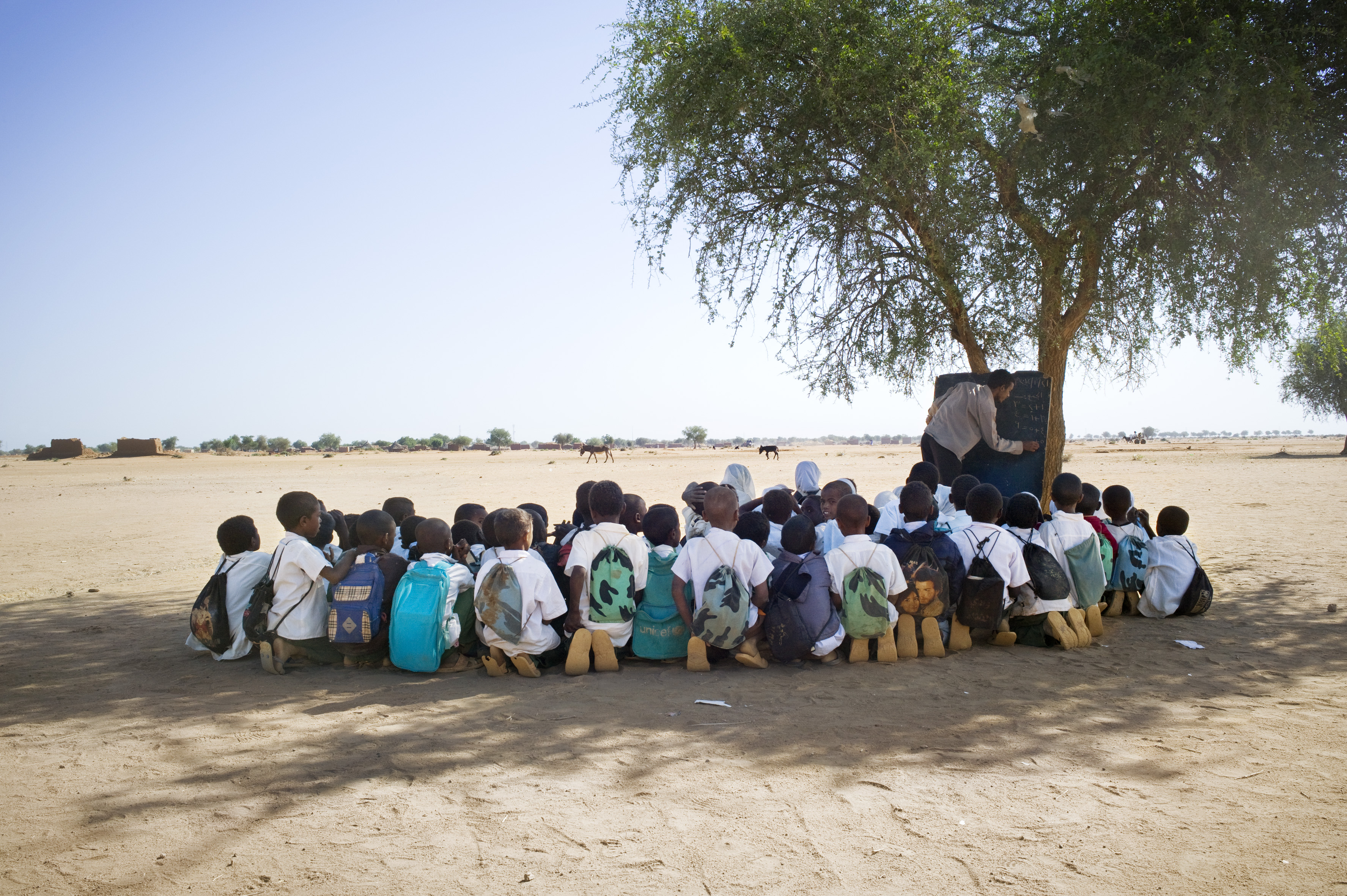
Policies
Improving Access To Quality And Inclusive Education With Gender Equality For Oosc In Iraq
Country Context:
According to the Ministry of Education (MoE) of the Central Government's 2015/2016 school year data, Iraq is facing a crisis affecting approximately 1.3 million school-age children (6-12 years old). By the end of the academic year 2016, only 60 percent of children affected by conflict had access to some form of education. This lack of access has severe consequences, leading to early marriages, child labor, recruitment into armed groups, and other forms of abuse among unoccupied and disengaged children and adolescents. Moreover, it exacerbates social tensions between host and displaced communities and hinders the voluntary return of internally displaced persons (IDPs). Overall, the absence of education perpetuates poverty, compromises the youth's potential contribution to the country's development, and poses risks to Iraq's short and long-term stability.
Solution
The project aimed to address the educational crisis in six governorates of Iraq (Baghdad, Erbil, Babil, Thi Qar, Salah Al-Din, and Ninewa), targeting 150,000 out-of-school children (OOSC), including IDPs and returnees. It tackled various barriers to primary education access, such as reduced accessibility, poverty, poor teaching quality, inadequate infrastructure, low community involvement, and parental unawareness of education's importance. Leveraging lessons from previous UNESCO programs in Iraq, this project implemented proven approaches and introduced new interventions. These included focusing on IDPs, improving the school environment, capacity building for teachers and administrators, awareness campaigns, flexible learning options like Community-Based Schooling and Accelerated Learning, and enhanced monitoring and evaluation utilizing the Government's EMIS.
Impact
The project has achieved satisfactory results, meeting all planned targets and surpassing some. Key achievements include enrolling 37,353 OOSC (45 percent girls), conducting 50 training sessions benefiting 1,164 teachers, establishing 346 Accelerated Learning Program (ALP) centers, and supporting OOSC families through community awareness workshops. Additionally, school rehabilitation efforts by the Ministry of Education of the Government of Iraq (GoI) and the Kurdistan Regional Government (KRG) improved access to education. Notably, 70 percent of enrolled OOSC were promoted to higher grades or reintegrated into schools. Moreover, efforts were made to enroll OOSC in prisons and juvenile facilitation centers, and the project contributed to the development of the EMIS4EACI database, user manuals, and training materials, enhancing monitoring and evaluation efforts.












